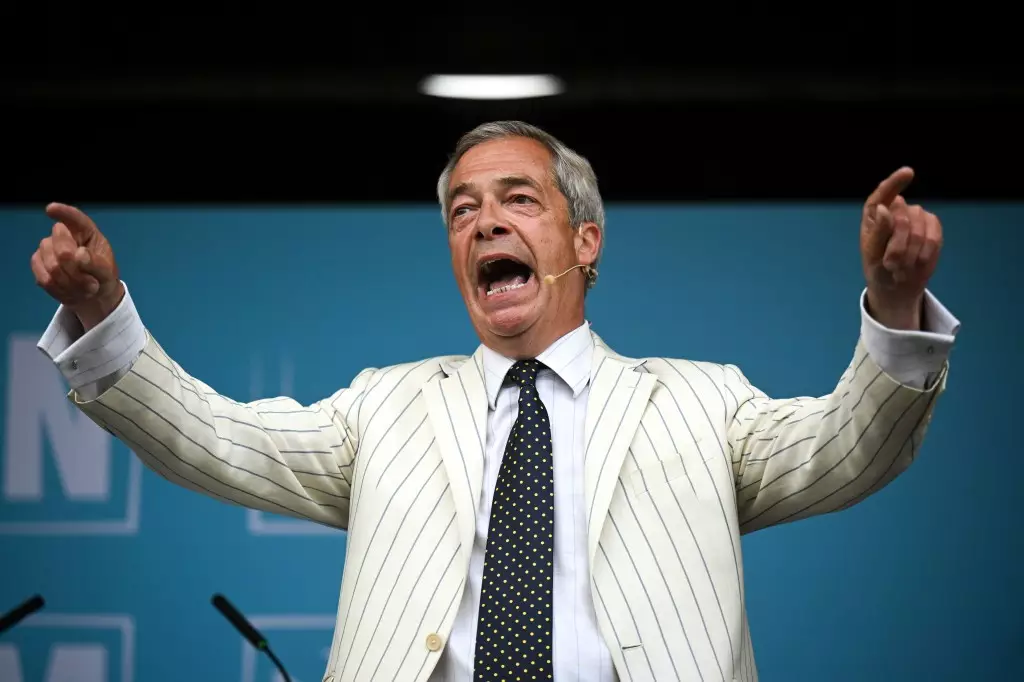Nigel Farage has recently found himself in the midst of controversy after attacking national broadcasters for their coverage of his party, Reform UK. Farage has accused both the BBC and Channel 4 of bias and unethical behavior during their reporting on his party and its members. This has led to a heated debate over media ethics and the role of national broadcasters in political campaigns.
Farage’s criticism of the BBC stems from his frustration with what he perceives as audience bias during a Question Time leaders’ special. He claims that the BBC deliberately included a critical and biased audience that led to unfair treatment of him and his party. Farage has gone as far as to boycott appearances on BBC shows until they issue an apology for their alleged misconduct. However, the BBC has refuted these claims, stating that their audience was balanced and representative of various political views.
In addition to his issues with the BBC, Farage has also been embroiled in a controversy with Channel 4. Following a Channel 4 News investigation that featured offensive remarks made by Reform campaigners, Farage accused the network of hiring an actor to portray a Reform campaigner spouting offensive language. This has led to a back-and-forth between Farage and Channel 4, with both sides standing by their respective positions. Farage and Reform have even gone as far as reporting Channel 4 to the UK’s electoral commission for what they describe as “scandalous election interference.”
Legal Ramifications
The fallout from Channel 4’s investigation has led to potential legal issues for both sides. Essex Police has stated that they are “urgently assessing” the comments made in the program to determine if any criminal offenses have been committed. This has put additional pressure on Farage and Reform, as they seek to defend themselves against allegations of misconduct and inappropriate behavior by their members. Meanwhile, Channel 4 maintains that their journalism is impartial and rigorous, standing by the integrity of their reporting.
As the UK gears up for a crucial election, the fallout from Nigel Farage’s battle with national broadcasters has underscored the challenges of media coverage in a highly charged political environment. The clash between Farage and the BBC and Channel 4 highlights the importance of media ethics and impartiality in reporting on political campaigns. It remains to be seen how this controversy will impact the upcoming election and the reputation of all parties involved.


Leave a Reply